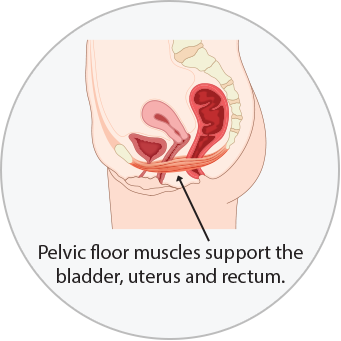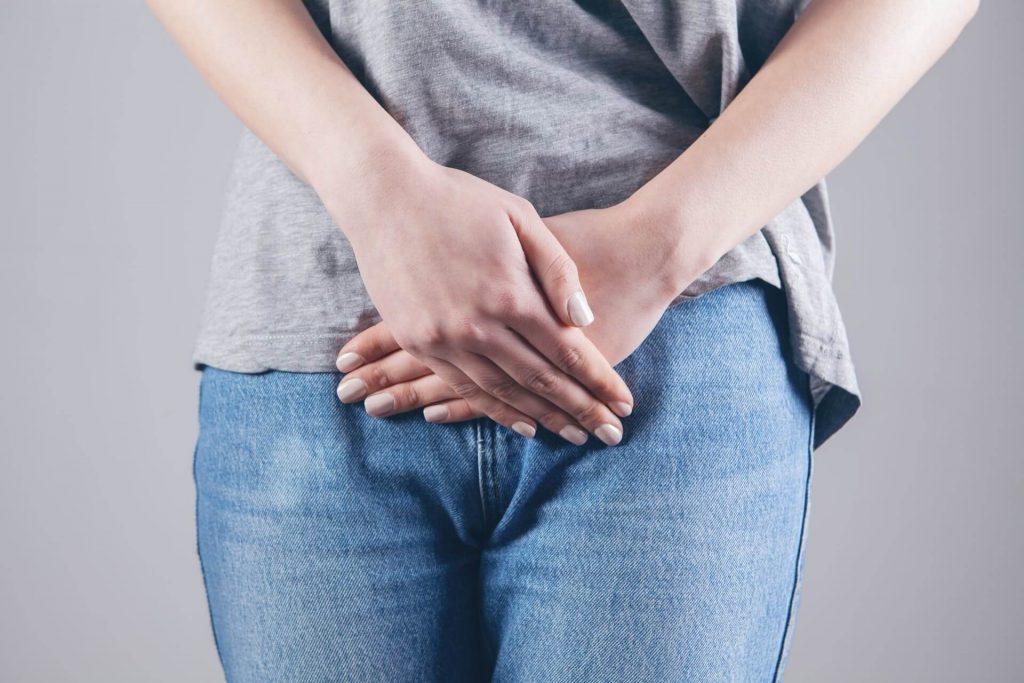Whether you are looking for a way to make your pelvic floor muscles stronger or are experiencing symptoms of incontinence, there are many different treatment options. A physician or a pelvic health therapist can help you improve your health through physical therapy or pelvic floor exercises. Depending on the condition, you may even be able to get Botox treatments to ease the pressure on your organs. A doctor or therapist who specializes in pelvic health will provide you with a full range of options.
Pelvic health disorders
Pelvic health disorders affect 50 million women in the United States. While they are a common cause of female inactivity, they are not just physical. These conditions can lead to depression and decreased intimacy in relationships. According to the Center for Disease Control and Prevention, these problems are estimated to cost the U.S. healthcare system over $100 billion a year. They can also lead to anxiety and decreased physical activity. Further, they can also cause serious emotional and psychological problems and even lead to hysterectomy.

There are many reasons why a woman’s pelvic health may be compromised. Physiotherapy for women’s health can help treat the pelvic floor muscles and help prevent the development of incontinence. By improving muscle coordination, a pelvic physiotherapist can treat problems ranging from lower abdominal pain to vaginismus. Regardless of the reason, women’s health physiotherapy can help improve your quality of life.

If you suffer from pelvic floor dysfunction during or after Pregnancy or anytime in life, physical therapy may be the answer. Physical therapy can help patients restore normal function and strength in their pelvic floor. Your health care provider will recommend a physical therapist for your needs. The therapist will educate you on the pelvic floor anatomy and perform orthopedic evaluation. Once they know your medical history and your specific situation, they can start your treatment. During the course of treatment, your pelvic floor muscles will be tested to ensure they are functioning properly.
There are several physical therapies for pelvic health. These include internal/external trigger point releases, biofeedback, and stretching. Some women may also require a surgical procedure, while others may only need physical therapy for a chronic condition. In the case of sexual dysfunction, patients often require surgery or other treatment. Occupational therapy for pelvic health can help regain a woman’s self-esteem and improve her overall quality of life.
While Pelvic floor Physiotherapy is important for women, men can also benefit from it. By exercising, you can develop the muscles in your pelvic floor and relieve the pressure on your uterus. By using specialized physical therapy techniques, you can regain the control of your bowels. This can help you overcome embarrassing symptoms, such as straining and constipation. It is important to seek treatment as soon as possible. This can be done with a physician’s help.
Physical therapy for pelvic health can restore joint function and teach a woman to relax her pelvic floor muscles. It can also help alleviate the pain associated with bones and nerves. If you have a pelvic girdle pain, a physical therapist can help you overcome this problem. It can also improve the quality of your life by strengthening the muscles in the region and restoring the ability to relieve yourself. If you are suffering from these problems, visit a physiotherapist who specializes in pelvic health.

In addition to physiotherapy, pelvic health is important for both men and women. A weakened pelvic floor muscles can lead to an overactive bladder, which results in urinary incontinence. In addition, an overactive bladder can lead to pain and discomfort in the lower back. The right treatment will depend on the type of pelvic health disorder you have. If you don’t have an overactive bladder, you should see a doctor about your symptoms. A specialist will be able to determine the exact cause and recommend a course of action.
A woman’s pelvic health is essential to her overall well-being. It includes the absence of disease and an inability to have an irrationally active bladder. While many women suffer from this problem, there is no need to live in silence. By seeking medical attention, pelvic floor dysfunction can have a profound effect on a woman’s daily life. In fact, it can affect a woman’s relationships and her ability to perform household chores.
Interesting read How To Manage Back Pain With Exercise

